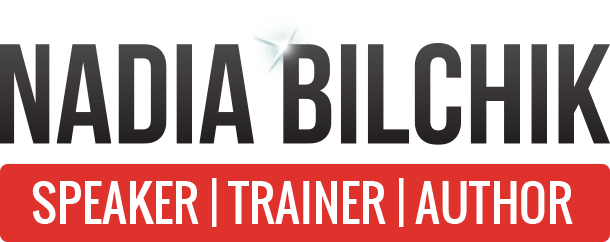 I thought this title would get your attention! And that’s exactly what a hook is supposed to do – immediately pique the audience’s interest.
I thought this title would get your attention! And that’s exactly what a hook is supposed to do – immediately pique the audience’s interest.
You’ve probably heard that one of the most important elements of a successful presentation is the ability to reel the audience in from the outset and make them want to listen. But how exactly do you do that? Here are a few tips.
Be relatable
If you want to engage your audience immediately, you need to know exactly who that audience is. Once you have that understanding, you can tailor the hook especially for them. Understand your audience’s needs and concerns, as well as the purpose of the presentation – is it to give information, change minds, inspire? Knowing these things will help you craft an introduction that will quickly signal to your audience that they will benefit from paying attention.
Ask a question
Even a speech that’s perfectly crafted to address the needs and concerns of the audience is less likely to succeed if it starts off slowly. Don’t begin by just outlining your presentation, or stating the topic of your speech. Ask a question, offer a compelling or unexpected opinion, or state an interesting and relevant fact. If you start with a question, be sure it’s one that your audience can relate to – and one that your presentation will answer.
Use anecdotes
These can be used in combination with questions and compelling statements in order to craft an effective hook. Let’s say you need to persuade your store associates to sell additional accessories for an item. You could begin your presentation with a question that’s also an anecdote, “Have you ever bought supplies for a home improvement painting project, and when you got home you realized you had forgotten to buy the plastic cloths to protect the furniture? That happened to me last week. It was so frustrating. Well, that is exactly how our customers feel when we forget to recommend all the incidentals they need with their purchases.” These kinds of examples make the topic more concrete for your audience.
Make the ends meet
There are times when your audience will be enthusiastic about your subject matter and will come to the presentation already having an understanding of how the topic relates to their lives. But this is not always the situation, and if that’s the case, it’s even more important to write a hook that shows the audience how your topic is relevant to their experience. I was once speaking to a group of young students about HIV/AIDS. This may have seemed like an abstract concept to them, but I made it relatable by sharing an anecdote of a young girl who, rather than spending her time thinking about school and friends, was caring for her younger brothers because her parents had passed away from HIV/AIDS. This quickly made what would otherwise have been a rather vague topic for these children much more comprehensible.
So the key here is, whether your HOOK is a question, an anecdote, a fact, or a statement, give it a great deal of thought. The reality is that as a presenter, the ability to master this will assist you in immediately engaging your audience and getting your point across more effectively. As one workshop participant recently responded, “My biggest takeaway in Nadia’s Maximizing Your Presentation Impact class was learning to be a HAPPY HOOKER”
More tips here
Do You Bring Out The Best in Others? Here are Seven Ways to Ensure You Do!
Are you Adapting to Thrive?
Unlocking your Persuasive Presence



